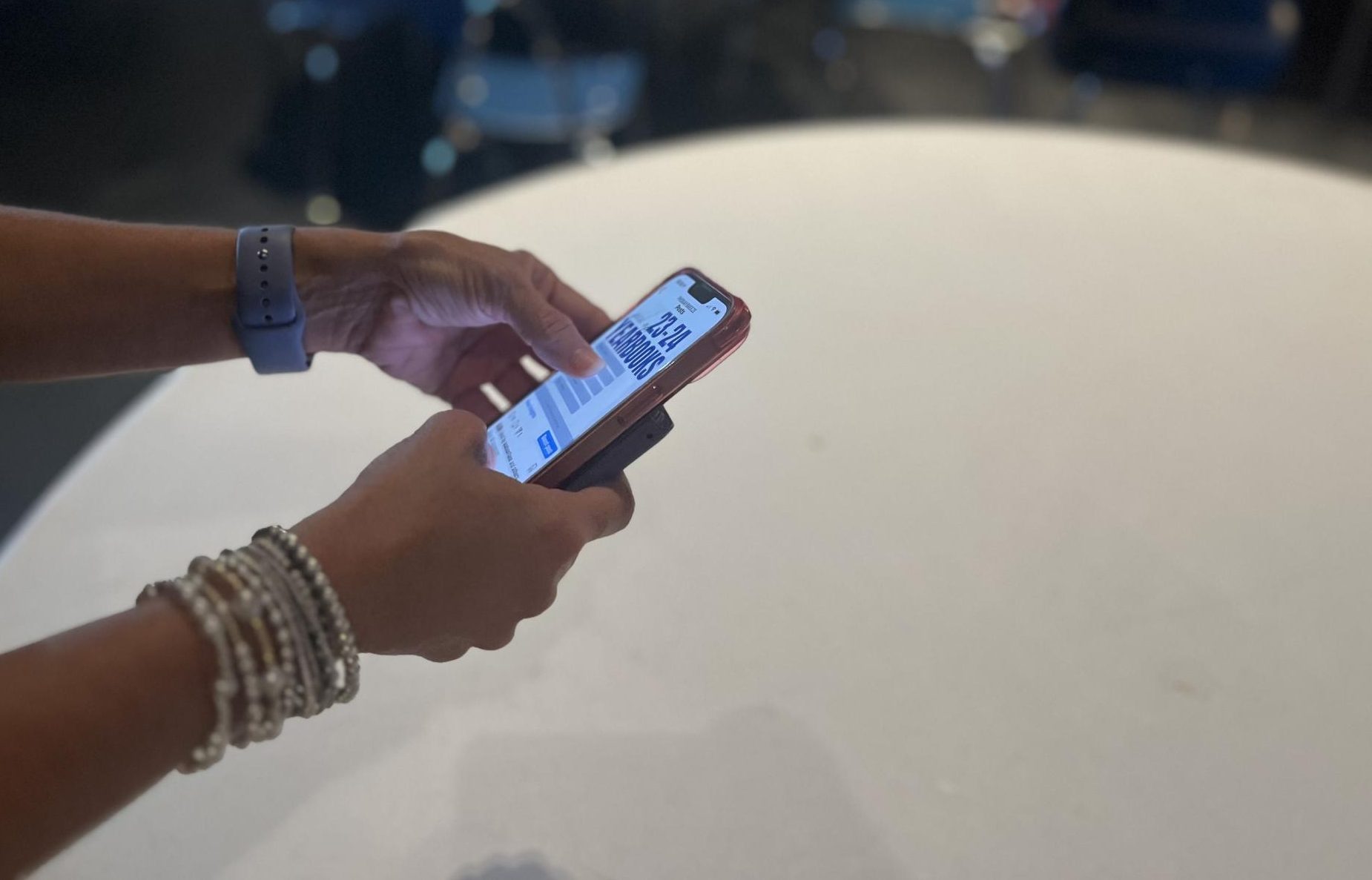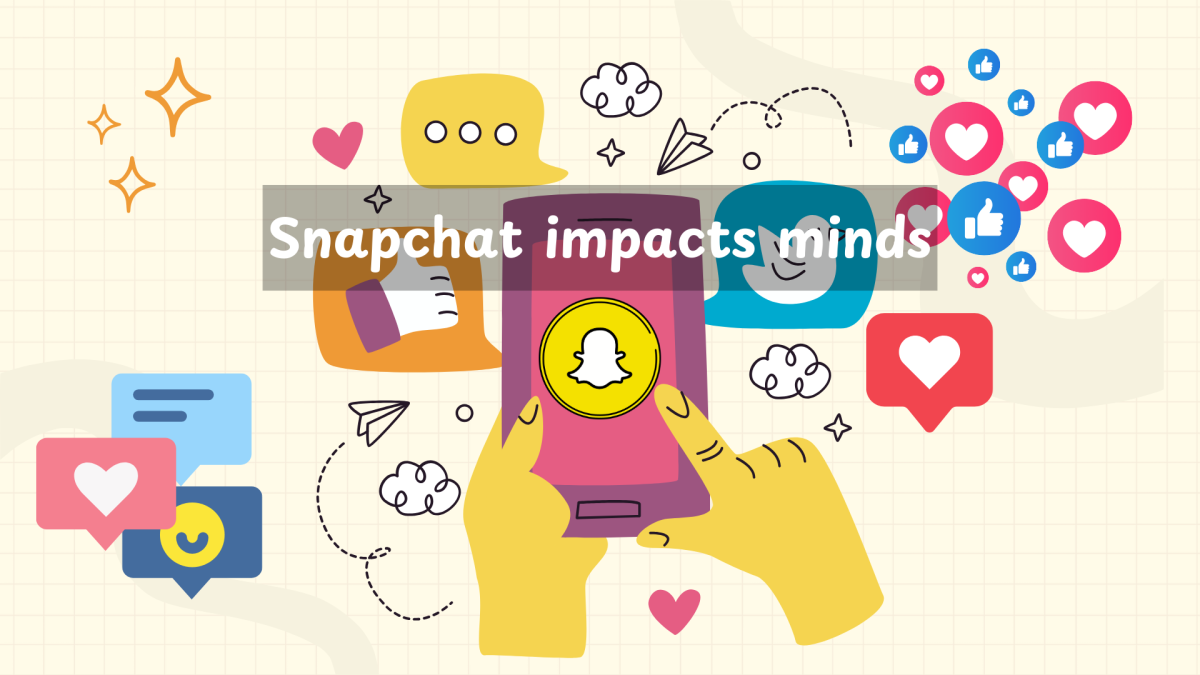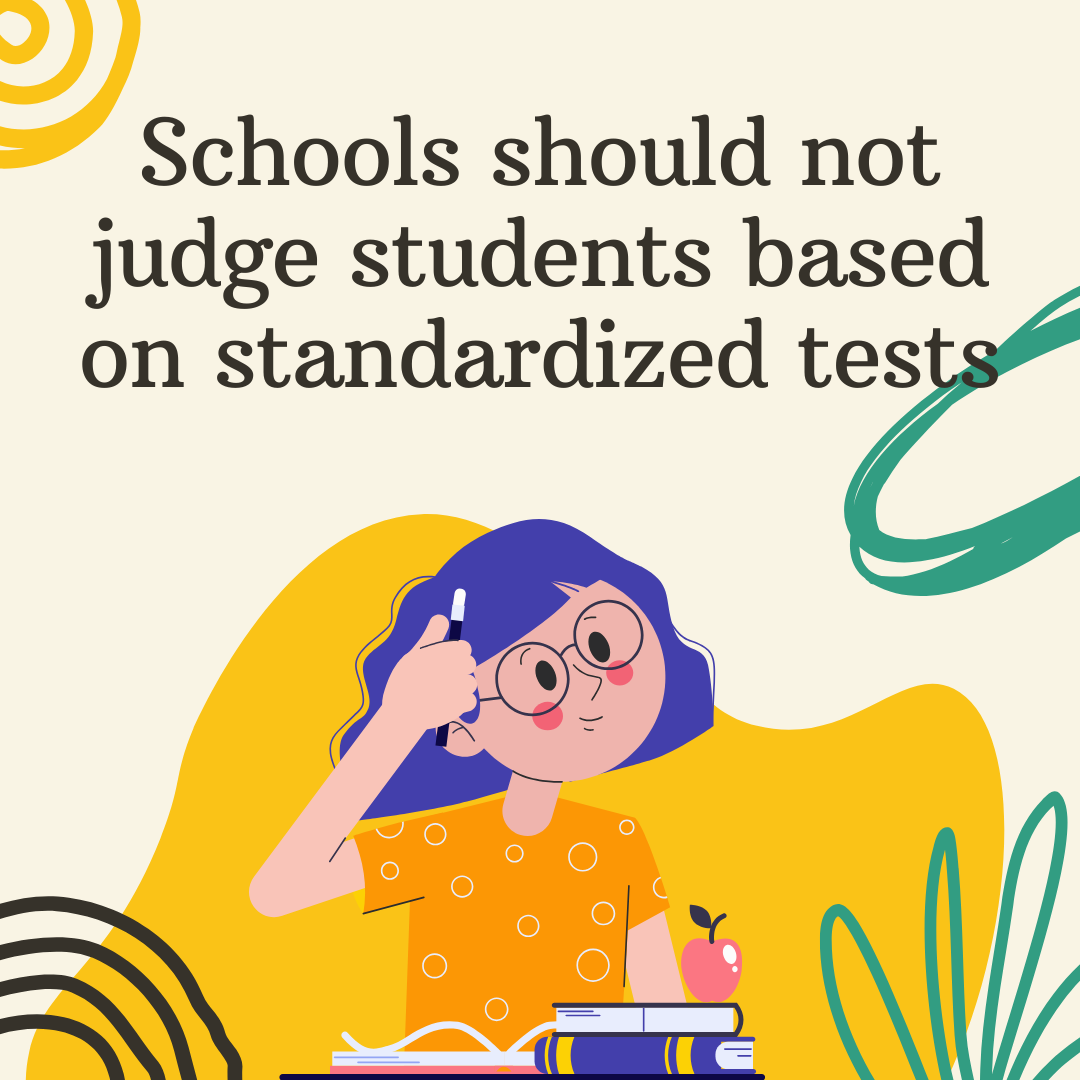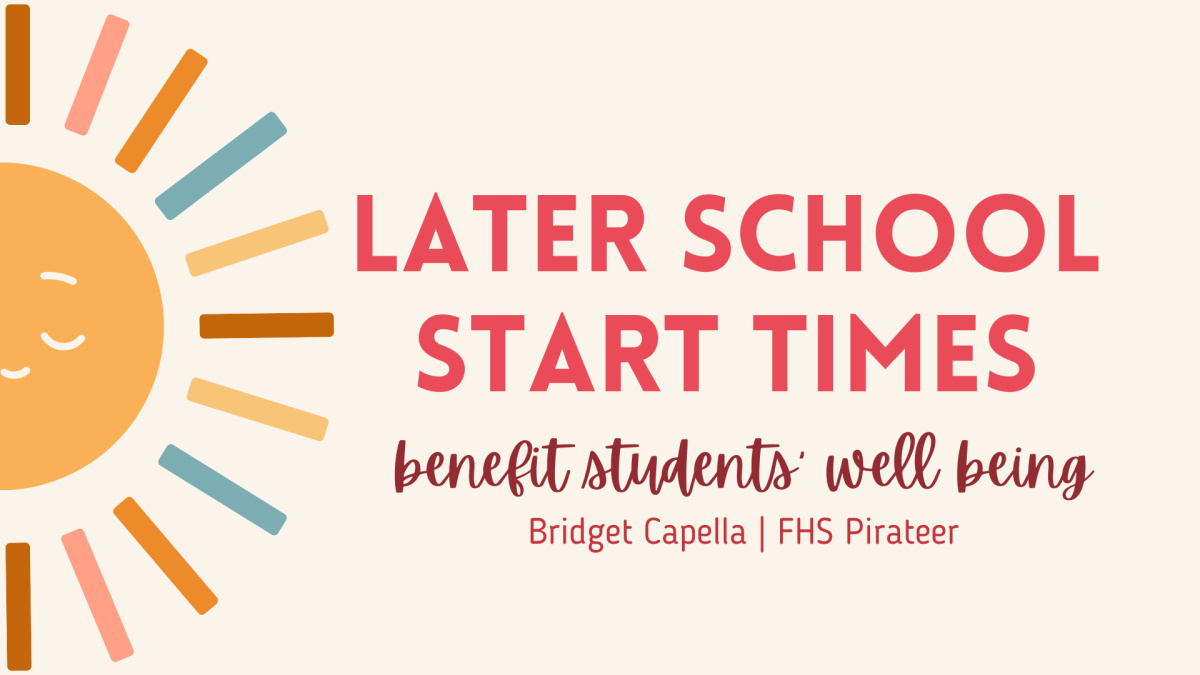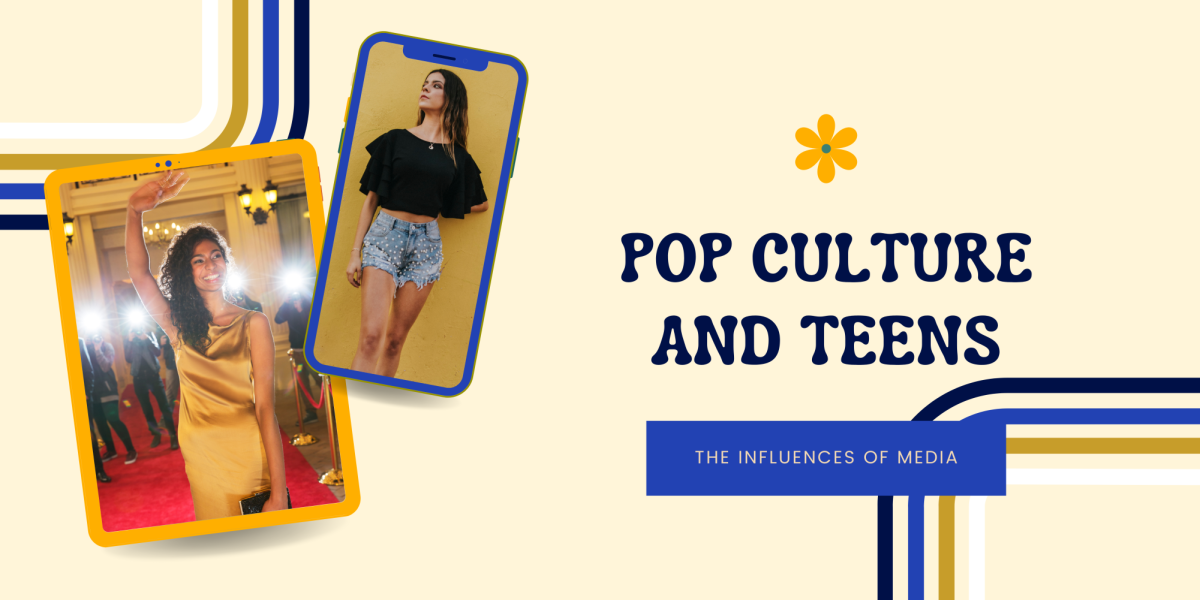by Riley Wootten, junior editor
Social media consists of popular and interesting feed that mainly targets the 13-18 age group. These trends can be consuming for younger viewers, as scrolling soon becomes an addiction. This media becomes time-consuming and can affect teen mental health by inciting constant comparisons, a decline in social skills and overall anxiety.
Teenagers often balance a lot every week; depending on their school work, job, sport and social time with friends and family, it can be overwhelming. It is common for teens to want to break free from that stress, and social media makes that easy. It introduces teens to funny videos and a satisfying feed that becomes addicting.
“Some researchers think that exposure to social media can overstimulate the brain’s reward center and, when the stimulation becomes excessive, can trigger pathways comparable to addiction,” said Viviek Murthy, physician in Yale Medicine. “Excessive use has also been linked to sleep problems, attention problems and feelings of exclusion in adolescents.”
This addiction forces teens to spend more time worrying about social media posts, and can result in anxiety when they don’t have access to their phone. Social media is also an effective way for drama, rumors and private information to circulate. This can lead to teen depression and–depending on what is leaked–can ruin teens’ future experiences and opportunities.
According to the Director of Behavioral Health at Jefferson Health, Dr. Nancy Deanglis, media causes an addiction and is highly comparable to how a person feels when gambling or taking a substance.
“Social media platforms drive surges of dopamine to the brain to keep consumers coming back over and over again. The shares, likes and comments on these platforms trigger the brain, resulting in a ‘high’ similar to the one people feel when gambling or using drugs,” Deangelis said.
This use of social media can distract teens from real-world experiences and their attention span becomes limited. This is because social media finds peoples’ interests through their likes, shares and who they follow. For instance, if I like a video on Tiktok that shows a TV show I enjoy, my “For You” page will consistently show me more videos about that one show. This results in teenagers struggling to focus in class, conversations or any social setting because the need to scroll on their “For You” page can cause their focus to divert to their phones instead of the real world.
It is important to be aware of how much time you spend on social media and your screen time overall. Social media and life can be manageable if you make time for yourself to prioritize what is truly important.

